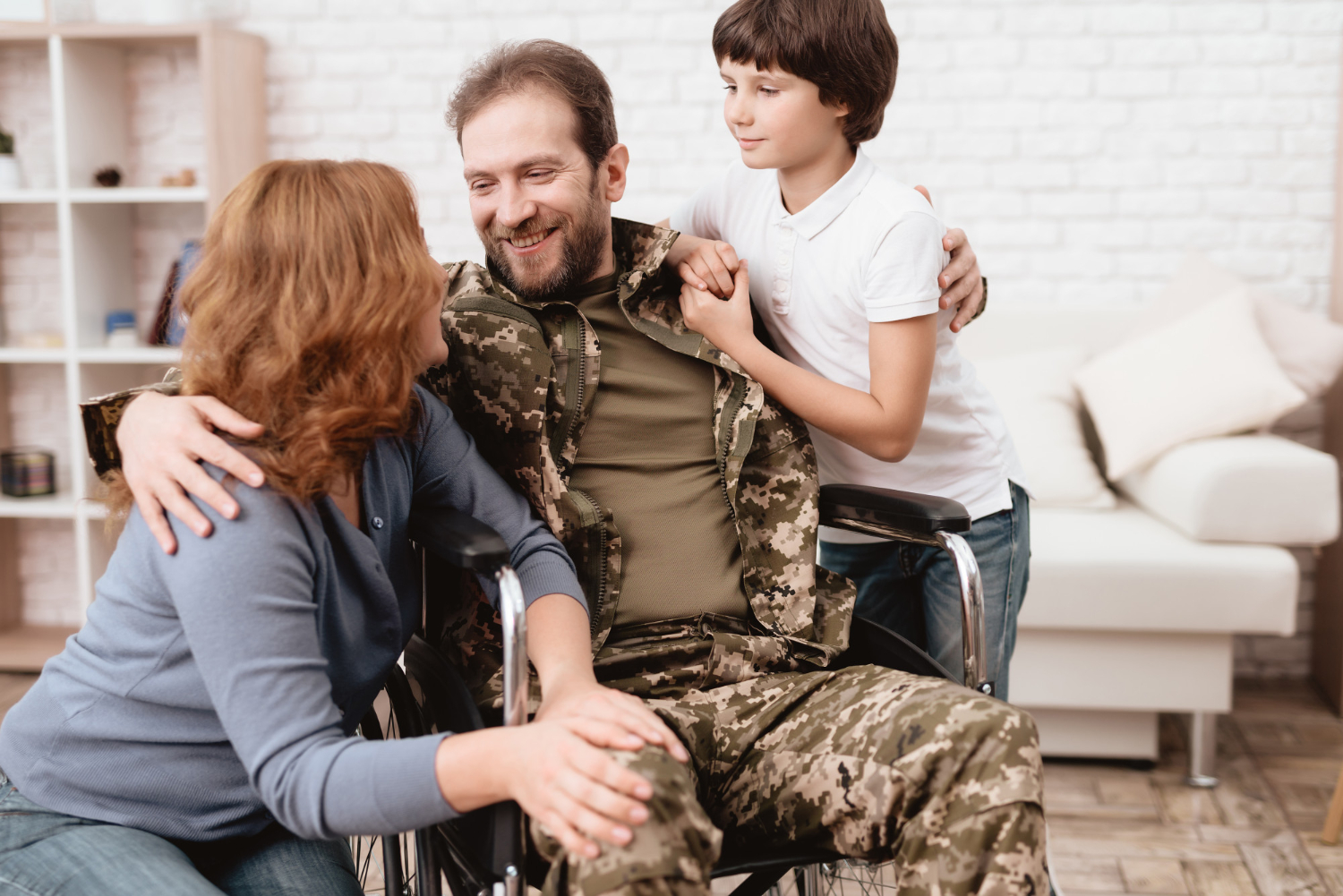As veterans reintegrate into civilian life, they face the arduous task of managing their challenges and traumatic experiences while making efforts toward the path to recovery. However, these traumas affect veterans, their families, and loved ones. Healing together as a family is possible because their presence offers support, understanding, and patience that can significantly affect the recovery process.
Role of Family Support in the Veteran Healing Process
Supporting veterans through their recovery journey requires multiple efforts extending beyond the individual but also to their family and community. They often find themselves caught in the middle of their loved one’s struggles, looking for ways to support their recovery in hopes of restoring harmony within the family. Hence, family plays a crucial role in providing a supportive and stable environment for veterans during their recovery journey.
Fostering Communication and Understanding
Oftentimes, veterans during recovery have a hard time communicating with other people as they fear that no one will understand them. Having a family that allows veterans to express their concerns and fears about seeking treatment may foster understanding. A family that understands the traumas and challenges veterans face can have a transformative effect of understanding, empathy, and validation, creating an environment wherein veterans feel seen and supported.
Rebuilding Trust and Connection
Trust is a delicate thing that binds veterans and their families together. Doing the healing journey together can strengthen familial bonds, leading to greater understanding, trust, and connection. By rebuilding trust and connections, veterans may feel valued and accepted, which contributes to their overall well-being when reintegrating into civilian life.
Encouraging Treatment and Recovery
Family serves as a place of comfort, stability, and encouragement during challenging times in veterans’ recovery journeys. They can play a proactive role in encouraging veterans to seek treatment and recovery services. By offering guidance and support throughout the navigation of the different approaches available for treatment and recovery, families can aid in making sure that veterans have access to the resources they need to heal.
Creating a Sense of Belonging
When families are involved during the recovery journey of veterans, it creates a sense of belonging. The stability and sense of normalcy and structure that family members offer can help veterans adjust to their new lives, as these create a sense of belonging and security, which are very important for healing and reintegration.
Celebrating Milestones Together
Family members can celebrate milestones and progress in veterans’ recovery journeys by acknowledging their achievements and offering words of encouragement. Celebrating success and progress together can give veterans a sense of pride and fulfillment, as well as motivation to continue moving forward toward the path to recovery.
Seeking Professional Help: The Start of Healing Together
Family plays a crucial role in a veteran’s recovery journey. Recognizing their invaluable contributions in the healing process toward renewed hope, resilience, and well-being may contribute to achieving a holistic approach to treatment and recovery. The shared experience of therapy can bring families together, nurture effective communication, rebuild trust, and create a sense of belonging for veterans.
Here at the California Recovery Center, we create an environment where families can heal together through our Veteran Care Program, wherein family therapy is included as part of our veteran-specific treatment services. We believe that veterans are not alone in this journey and that their families also need just as much support as they brave the path toward recovery together. If you or your loved one sees treatment and recovery centers, our doors are always open to support you. To learn more about our services, feel free to reach out to us today at (916) 848-5744.




